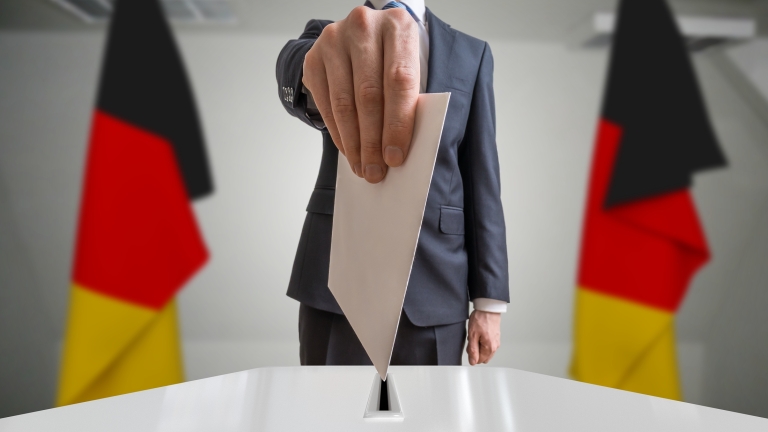The liberal-conservative National Coalition Party (KOK) won from opposition securing 48 mandates, which proves to be the third highest result in the party’s history. The nationalist conservative Finns Party gained 46 parliamentary seats, while the governing center-leftist Social Democrats came third with 43 mandates in the National Assembly. As our guest specialist Mr. Veikko Isotalo, doctoral researcher at the Faculty of Social Sciences of the University of Helsinki pointed out, the election campaign primarily focused on economic issues, mostly related to the state of the national debt and budget deficit. Therefore, a new government potentially led by a self-proclaimed "fiscal conservative" Petteri Orpo would formulate a restrictive budget with reduced welfare state expenses. As far as outgoing premier Ms. Sanna Marin form the Social Democratic Party is considered, according to Mr. Isotalo, she has become an international figure primarily due to her government’s steps during the Covid-19 pandemic and the war in Ukraine, with special regards to the country’s U-turn in applying for NATO-membership. As our guest expert explained, the biggest surprise in the April 2023 election was that there were no surprises. Still, led by Ms. Marin the Social Democratic Party successfully increased its popularity in the expense of other centrist and leftists/liberal political actors. As for the third original member of the historical Finnish political troika, the Centre Party (KESK) did not win in any constituencies this April. The political scientist stresses that the decreasing popularity of the predominantly conservative-liberal agrarian party is due to its role in the outgoing government coalition, the demographic changes in the Finnish society, and the rise of the nationalist Finns Party. What explains the rise of the Finns Party? What were the strength and weaknesses of outgoing prime minister Sanna Marin, and did her cabinet’s alleged scandals play any role in the parliamentary elections in April 2023? Our guest elections specialist from the University of Helsinki helps you answer all these questions – among many others – if you listen to the newest episode of the Votes & Seats election analysis podcast. With the help of guest experts and politicians, in the podcast series of MCC’s Centre for Political Science we endeavor to analyze which actors are the real winners of the parliamentary and municipal elections taking place this year in different European countries and what exactly can be considered a real victory after the ballot counts.

21. April 2023
Votes & Seats Podcast: Parliamentary Election in Finland, 2023
The latest Votes&Seats podcast episode focuses on the 2 April 2023 Finnish legislative election.
Reading time: 2 minutes








